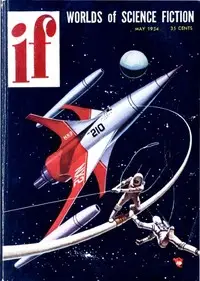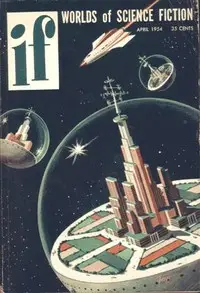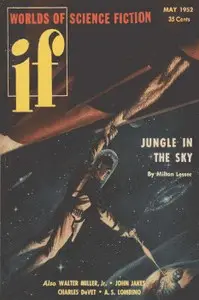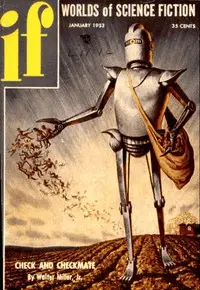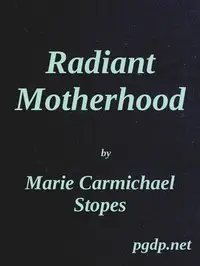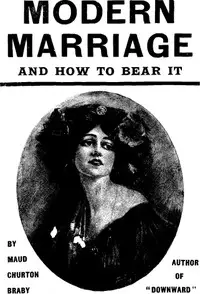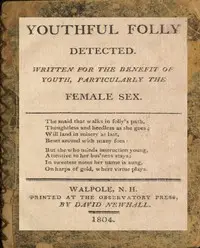"Conditionally Human" by Walter M. Miller, Jr. is a thought-provoking science fiction novella written in the early 1950s. The narrative revolves around a future society where genetic engineering has produced synthetic humanoid creatures known as neutroids, designed to emotionally satisfy couples unable to have children. The story delves into moral dilemmas surrounding creation, affection, and the value placed on life in a world governed by strict population control and societal norms. The plot follows Terrell Norris, a bio-agent in charge of overseeing neutroid populations, as he grapples with his role in the destruction of these beings, whom society views as mere property. As Norris struggles with the emotional impact of his duties, his life becomes further complicated when he encounters Peony, a deviant neutroid with unexpected intelligence and the ability to speak. Faced with the harsh realities of his job and the impending destruction of Peony due to her deviation from standard characteristics, Norris fights against the ethics of his world. The novella explores themes of humanity, the nature of love and attachment, and the cost of societal conformity, ultimately leading to a climactic and morally ambiguous resolution. (This is an automatically generated summary.)
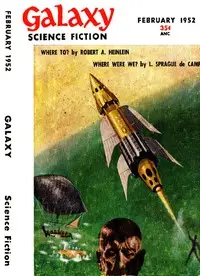
Conditionally Human
By Walter M. Miller
"Conditionally Human" by Walter M. Miller, Jr. is a thought-provoking science fiction novella written in the early 1950s. The narrative revolves aroun...
Genres
Released
2016-04-03
Formats
mobi
epub
mobi (images)
epub (images)
epub3 (images)
Free Download
Overview
About the Author
Walter Michael Miller Jr. was an American science fiction writer. His fix-up novel, A Canticle for Leibowitz (1959), the only novel published in his lifetime, won the 1961 Hugo Award for Best Novel. Prior to its publication, he was a writer of short stories.
Total Reviews
10.0k
Total reviews from Goodreads may change

